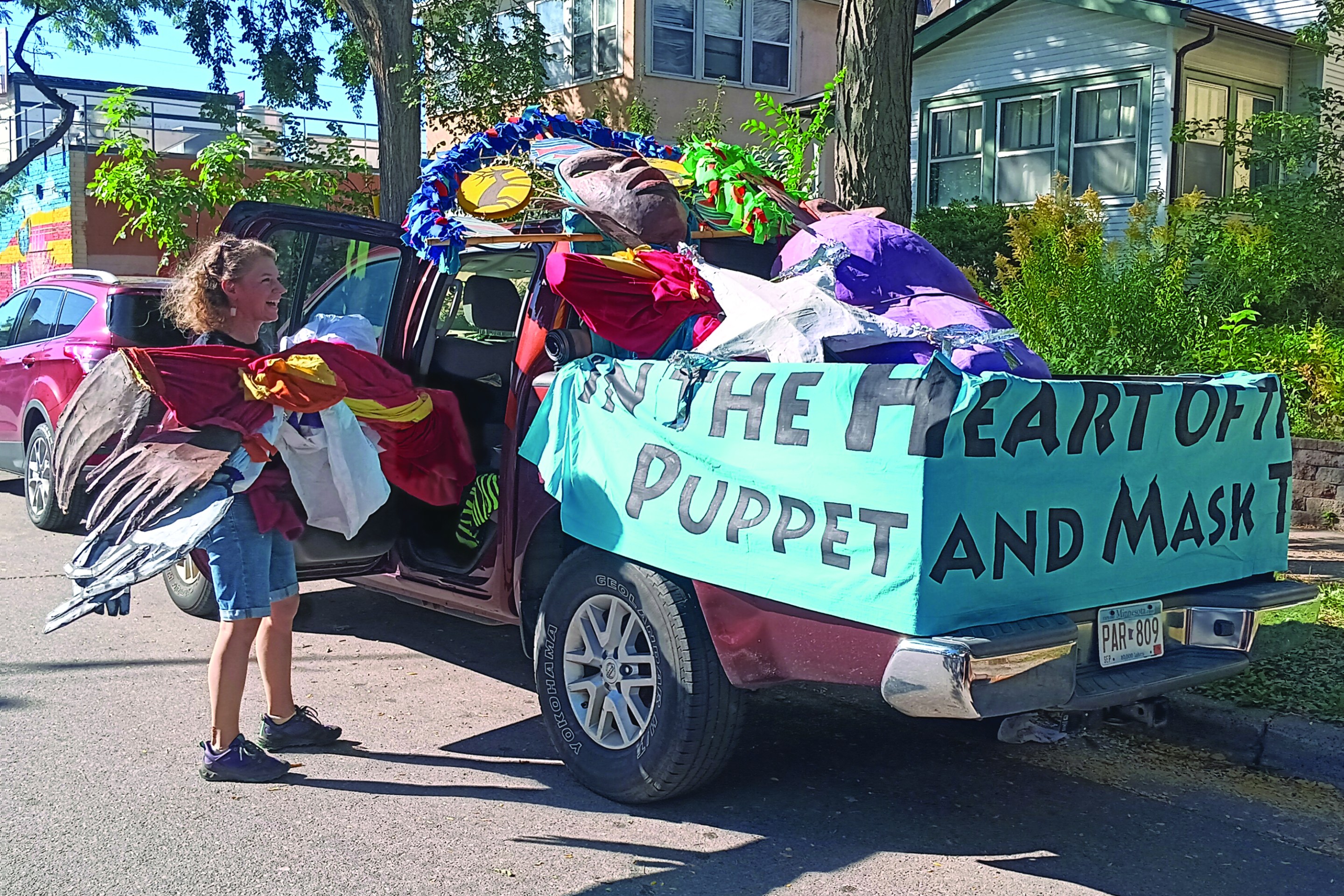By any reasonable measure, the 2023 legislative session was a blockbuster. For the first time in a decade, the DFL won control of the House, the Senate and the governorship, and used that control to advance a wide range of public policy initiatives. Regardless of your personal politics, it was a consequential session. Here are some of the impacts we’re likely to see in our neighborhoods:
Public Safety
Car thefts and thefts from cars continue to plague our local neighborhoods and the city as a whole. While carjackings are down notably, they remain a source of anxiety. Local law enforcement has, in my view, responded with real creativity and grit, but remains hampered by a serious shortage of officers.
Help is coming. Included in the $880 million public safety omnibus bill is a provision that makes carjacking a specific crime. There are three degrees of offense, all felonies, carrying maximum penalties of between 10 and 20 years in prison.
Help with officer recruitment and retention is also on the way. While the omnibus bill sets aside a relatively paltry $8.8 million for this purpose, the tax bill included a whopping $300 million in one-time public safety grants to local law enforcement. That money can be used for recruitment and retention or to fill a wide range of other needs, largely at the discretion of local law enforcement agencies. This is a big deal and should provide meaningful aid to our overburdened police departments.
Pot in the parks, and a pot of money for parks.
Yes, use will be legal starting on August 1. No, smoking pot won’t be legal in our parks. The new law prohibits pot smoking or vaping in any public place and limits personal adult use of cannabis to individuals 21 years of age at a private residence or on private property not generally accessible by the public.
Still, judging from recent trips to Boston, I think we’ll notice this one. Pot smoke is everywhere in Boston, including Boston Common.
Personally, I think the benefits of decriminalization make it a worthwhile tradeoff, but I strongly suspect that change will be in the air.
The legislature also set aside significant one-time dollars for our regional park system. Along with money for expansion of the Luce Line, Shingle Creek and Victory/ Wirth regional trails, there are additional funds for operations and much-needed park maintenance.
Minneapolis 2040 Lawsuit
In other news, the city’s attempt to legislatively override the pending Minneapolis 2040 lawsuit failed.
For those of you who haven’t already been following this issue, the short story is this: In 2018, a group of nonprofits sued the city to enjoin the 2040 plan for failing to comply with the Minnesota Environmental Rights Act (MERA). Thus far, the city has lost in the district court and lost twice on appeal, which may result in its being enjoined from implementing the 2040 plan pending a full environmental review. If the plaintiffs are successful, this has the potential to reopen discussion and force changes around many aspects of the overall 2040 plan.
One response from the city: if you can’t win a lawsuit in court, try to get the legislature to kill it for you!
This past session, bills were introduced in both the House and Senate to exempt comprehensive plans by cities in the metro area from MERA environmental reviews, retroactive (shockingly) to 2018.
Mayor Frey sent a letter in support of the senate bill arguing that expecting cities to comply with such reviews would be “onerous, inappropriate, and impractical.”
Personally, I’m all for the environment, but I can’t wait to see the city’s response the next time a private business tries to make that argument. Regardless, the effort to legislatively override the lawsuit failed, and it’s back before the district court on a motion to enjoin the plan altogether.
Accountability at the Met Council
Finally, for those of you who are enjoying the Southwest Light Rail construction process, our own Rep. Frank Hornstein and Sen. Scott Dibble introduced bills to consider making the Met Council an elected body directly accountable to voters.
A revised version of those bills was passed by the legislature and signed into law by the governor, and a task force is now being formed to study that issue and make recommendations for further action.





